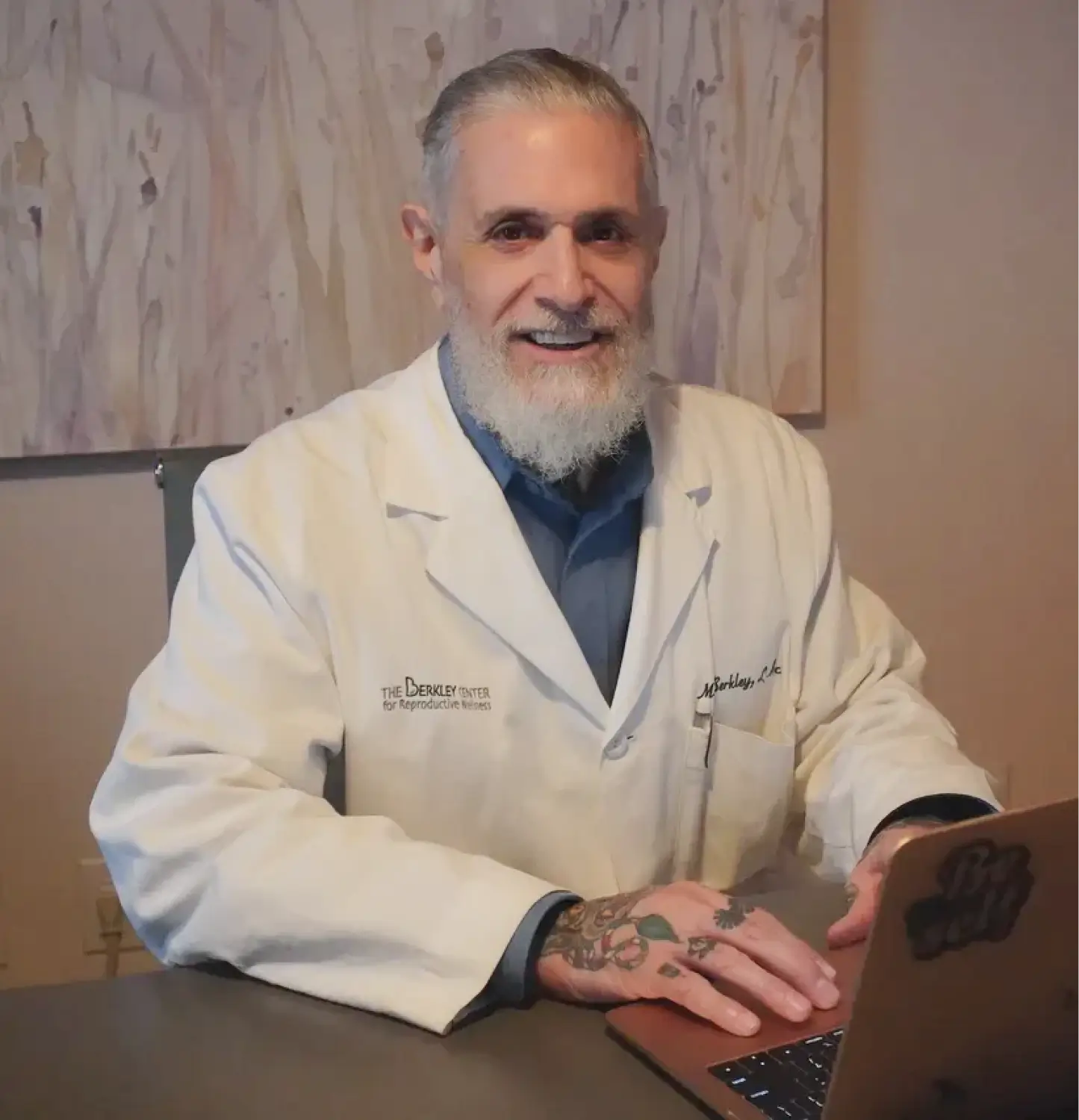Acupuncture works by influencing how your body functions, and while science hasn’t fully figured out how it does this from a Western medical perspective, studies show it can boost blood flow to the ovaries through several promising pathways. This improved circulation may support fertility by nourishing the ovaries with more oxygen and nutrients, and the process taps into natural systems like nerve responses, hormones, and automatic body functions. Here’s a simple breakdown of how this happens, explained in a way that’s easy to understand.
One way acupuncture helps is by balancing the autonomic nervous system, which controls things like blood vessel size without you even thinking about it. By inserting needles at specific points, it stimulates sensory nerves—think of them as messengers—that send signals to your spinal cord and brain. This triggers a reflex that relaxes blood vessels in the pelvic area, including those feeding the ovaries, by calming overactive stress responses and encouraging a more relaxed state. Research using Doppler ultrasound, a tool that tracks blood flow, has shown this can increase circulation in the pelvic region, as noted in studies like those by Stener-Victorin et al. (2006) in Human Reproduction and Johansson et al. (2013) in Journal of Acupuncture and Meridian Studies.
Another mechanism involves acupuncture prompting the release of helpful substances like nitric oxide and calcitonin gene-related peptide, which are made by cells in your blood vessels and nerves when the needles are inserted. These natural compounds act like tiny relaxants, widening the arteries and improving blood flow.
This is especially beneficial for the ovaries, where better blood delivery supports egg development and hormone production. Studies by Sandberg et al. (2003) in Neuroscience Letters and Tsuchiya et al. (2007) in American Journal of Chinese Medicine highlight how this process enhances ovarian health.
Acupuncture also influences your hormonal system, particularly the hypothalamic-pituitary-ovarian axis, which manages reproductive hormones. The needles stimulate the brain to release beta-endorphins, which help regulate hormones like luteinizing hormone and follicle-stimulating hormone, ultimately boosting estrogen levels. This hormone relaxes the ovarian arteries, improving blood flow, especially during the fertile part of your cycle. Research by Lim et al. (2010) in Fertility and Sterility and Stener-Victorin et al. (2009) in Journal of Endocrinology supports this connection.

Stress can tighten blood vessels and reduce blood flow to the ovaries, but acupuncture helps by lowering stress hormones like cortisol and calming the nervous system. This relaxation opens up blood flow, ensuring the ovaries get the oxygen and nutrients they need. Studies by Wang et al. (2014) in Journal of Clinical Psychopharmacology and Li et al. (2012) in Evidence-Based Complementary and Alternative Medicine confirm this effect.
Finally, acupuncture uses points in the pelvic area or lower limbs to create local reflexes that improve blood flow to the ovaries through the spinal cord. This reflex action releases substances that dilate blood vessels, enhancing perfusion. Andersson et al. (2007) in Pain and Kim et al. (2015) in Acupuncture in Medicine provide evidence of this benefit.
Clinical studies back up these effects, especially for fertility treatments. Doppler ultrasound research, including a 2008 study in Fertility and Sterility by Stener-Victorin et al., shows acupuncture increases blood flow in ovarian and uterine arteries. Trials reviewed in Human Reproduction Update (2013) by Cheong et al. suggest it improves IVF success rates, likely due to better blood flow and less stress. For women with PCOS, a 2011 study in The Journal of Clinical Endocrinology & Metabolism by Jedel et al. found acupuncture improves ovarian circulation by balancing hormones and stress.
This brings us to Mike Berkley, whose personal infertility struggles led him to embrace acupuncture after it helped his wife conceive. After training at the Pacific College of Oriental Medicine in New York and earning certification in herbal medicine, he founded the Berkley Center for Reproductive Wellness in 1998. Located in Manhattan’s Midtown East, this pioneering center was the first in the U.S. to focus solely on fertility, using acupuncture, herbs, and light therapy to support couples. Over 25 years, it has helped hundreds, including IVF patients, with personalized care that addresses both body and mind. The center now offers home visits and telehealth, reflecting Mike’s commitment to accessibility and his journey from infertility to expertise.
If you’re on a fertility journey, take the next step by calling 212-685-0985 or visiting us at www.berkleycenter.com to find out how we can help you.

Mike Berkley, LAc, FABORM, is a licensed and board-certified acupuncturist and a board-certified herbalist. He is a fertility specialist at The Berkley Center for Reproductive Wellness in the Midtown East neighborhood of Manhattan, New York.
View all posts